Tell me more about this case
Let’s talk about what life needs next
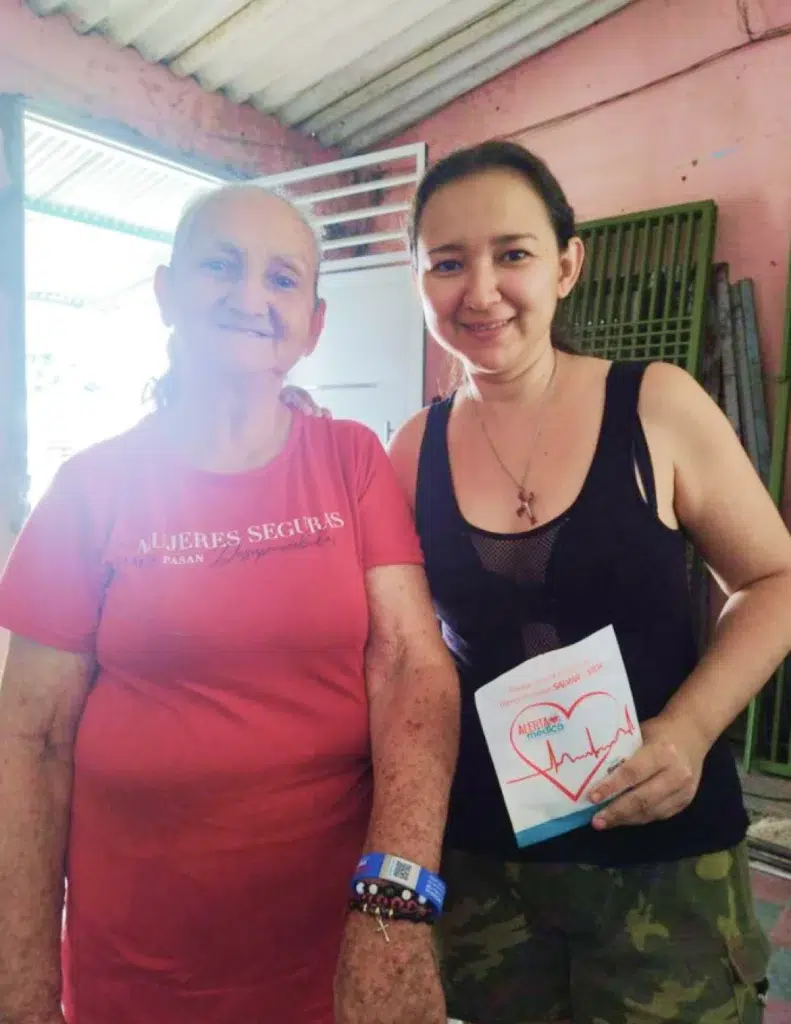
Movement Health, a global consortium composed of regional chapters that include Roche, Microsoft, Siemens Healthineers, local public and private healthcare providers, insurance companies, and startups, driven by the vision of healthcare transformation. In this case study we will shine a light on our work in Colombia.
Roche, pharmaceutical market leader, initiated a global healthcare movement targeting systemic problems in the sector. Their goal was to unite public and private organizations and harness the power of regional innovation ecosystems to address these challenges. To turn this ambitious vision into reality, Roche collaborated with Board of Innovation, beginning with a clean slate.
We established Movement Health foundation, a self-sufficient organization uniting various stakeholders towards shared healthcare goals. In Latin America, this initiative formed a consortium including Roche, Microsoft, Siemens Healthineers, local healthcare providers, insurers, and startups. The focus of our case study is Colombia, where despite a theoretically well-designed system, practical challenges persisted.
We identified key issues and prioritized enhancing patient convenience and encouraging hospital collaboration. We incorporated mature healthtech startups into this endeavor, leading to two innovative solutions: Cliniclic and Salud 360º, each addressing crucial aspects of patient care and data interoperability.
Despite a few initial hiccups due to the radical approach of systemic innovation, both pilots have proven to be a valuable resource and learning experience for all involved parties.
Resulting metrics show evidence about the use of automated channels (81% of appointments confirmation) and patient engagement (61% of patients frequently using the web platform) with Cliniclic; as well as efficiency uplift (25% of potential savings due to duplicated or unnecessary exams identified) with Salud 360º.
Roche came to us to start a global healthcare movement aimed at solving systemic issues by bringing together public and private organizations and leveraging regional innovation ecosystems. They came to Board of Innovation to help them turn their ambition to reality, starting from scratch.
Roche had observed, in several regions like Latin America, a struggle with systemic issues that no single organization could tackle on their own, for example fragmented healthcare services, access, and inefficiencies in patient experience and data integration. Roche aimed to not just overhaul the healthcare services but also foster a societal movement towards these changes.
In this case study we will shine a light on our work in Colombia as an example of what we did in other regions.
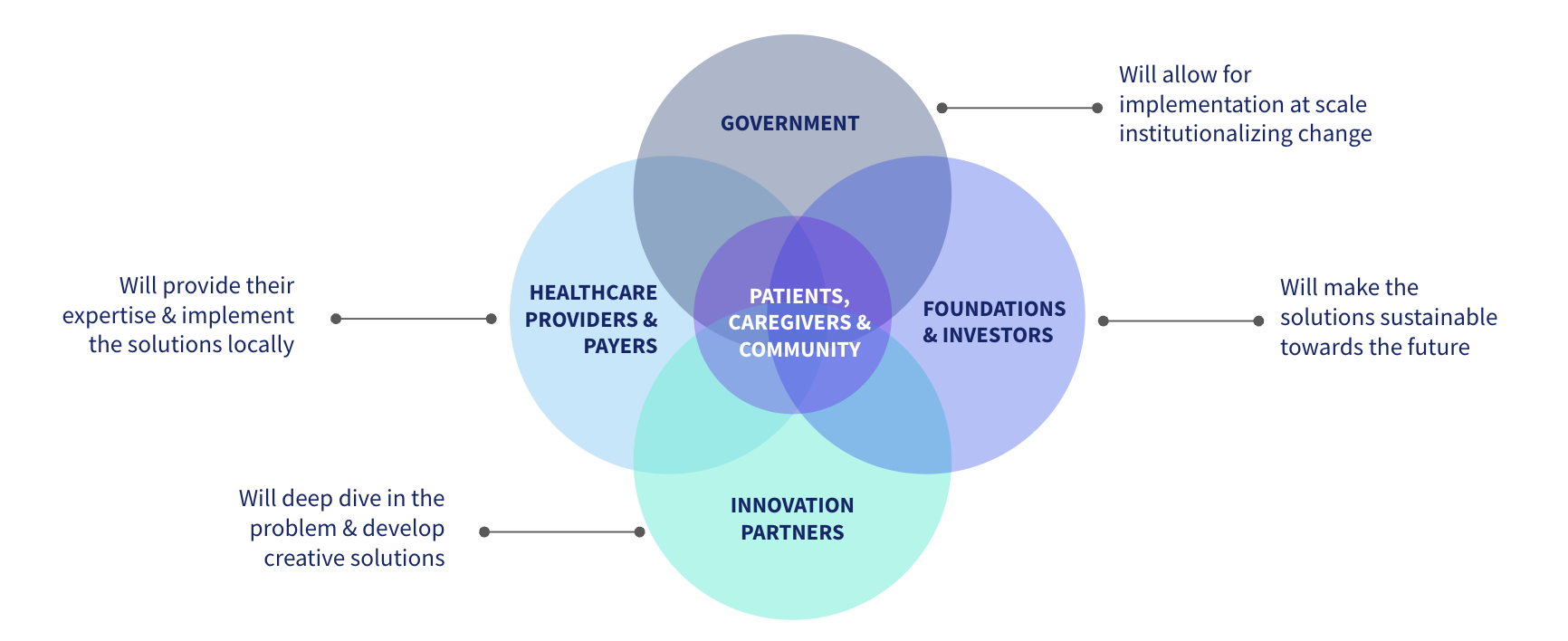
Together, we laid the foundations for Movement Health, an independent, self-sufficient organization aimed to coordinate organizations towards common goals. In Latin America, challenges that hinder the quality and efficiency of the healthcare system were identified and determined through qualitative and secondary research, together with the regional consortium and the involvement of various local stakeholders and experts. Those common challenges were synthesized in eight opportunity areas.
Hector Pourtale, CEO of Movement Health 2030
When analyzing the opportunity areas in Colombia, we found that the healthcare system was conceptually well-designed but, in reality, faced numerous operational difficulties. The problems ranged from access to healthcare services to issues related to lack of data interoperability among key healthcare players. The constituent organizations of Movement Health Colombia collaboratively prioritized three major problems within Colombia’s healthcare system and focused their efforts on two primary goals:
Improving the patient experience by facilitating tracking, monitoring and bringing healthcare closer to home;
Gaining a holistic understanding of the patient’s health, fostering in-depth analysis, accurate prediction, and proactive risk prevention
Understanding Colombian’s vibrant healthcare startup scene, we issued an open call to mature health-tech startups that could bring innovative solutions. We shortlisted six startups and combined them into two groups, leading to two impactful solutions – Cliniclic and Salud 360º.
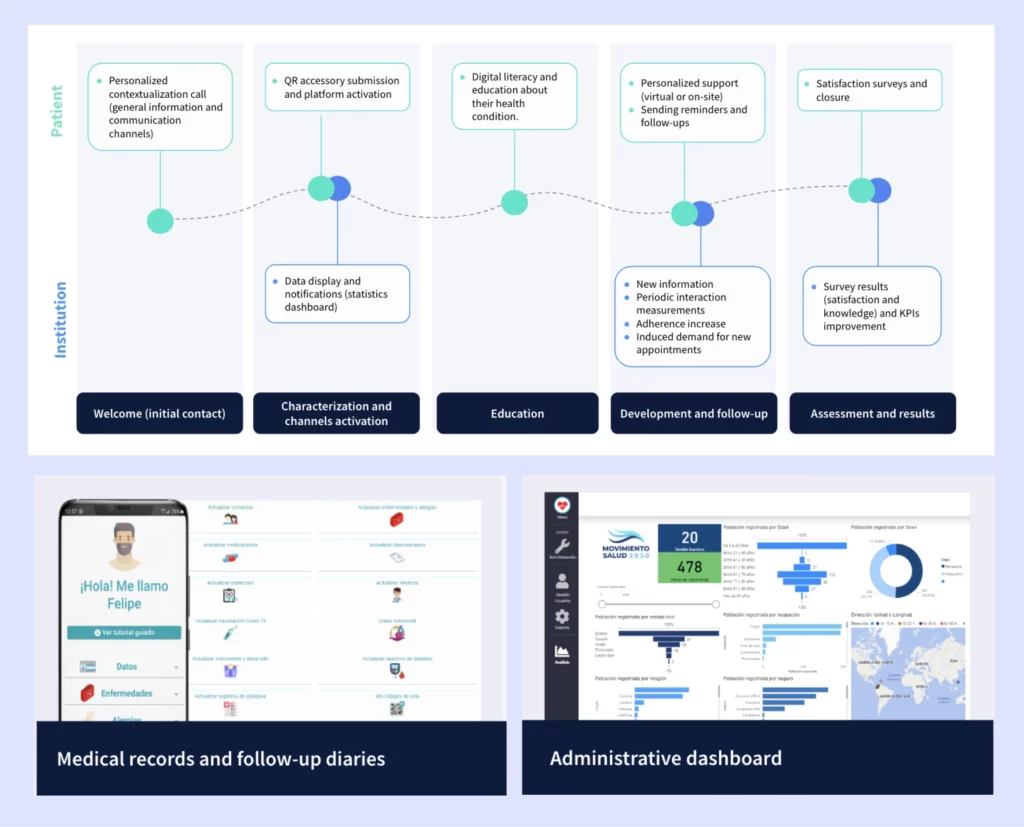
CliniClic tackled a prominent challenge by enhancing patient adherence to programs and treatments, a costly issue for the healthcare system. They developed a user-friendly web application that simplified daily patient data input, subsequently visualized for clinicians to improve decision-making during appointments. The service included a modular approach, aiming at aligning with client needs and available resources.
Collaborating with an insurance company and three hospitals in northern Colombia, they used data analytics to develop personalized follow-up routes. This solution brought together data from all partners, fostering collaboration, creating cost-saving efficiencies for the entire chain, and unlocking opportunities to explore innovative revenue streams based on shared value models. By breaking down silos and promoting data-driven collaboration, Salud 360º paved the way for a more connected and sustainable healthcare ecosystem.
With our guidance and the collaboration of the selected startups, we designed and tested MVPs for both Cliniclic and Salud 360, with control groups of 100 to 500 patients in the first round and 500 to 2000 patients for each solution in the pilot phase. The project has helped improve healthcare delivery and efficiency in Colombia, has prompted collaborative discussions and work among independent stakeholders driven by a shared vision, and Roche has built strong connections and trust within the local healthcare ecosystem.
Startups applied to program
solutions launched in Colombia, in partnership with hospitals, insurance companies and think tanks.
patients involved in pilot programs
As an interesting anecdote, the CliniClic solution garnered positive feedback from both patients and clinicians. For instance, one solution was a QR-code bracelet that patients could conveniently scan with their phones, streamlining the process of logging health data. This intervention fostered technological literacy by simplifying the user experience, giving patients a sense of control over their health, and enhancing the efficiency of clinical visits.
The success of these initiatives was underpinned by a strong network in Colombia and the effective collaboration among all the players involved, all of whom were open and flexible to experiment with innovative solutions. The aim is to work with the Colombian government to scale the implementation of these pilot solutions, and negotiate with the current partners to implement them fully.
Board of Innovation played a crucial role in this venture. We not only helped design the solutions but also ensured that all participants, both startups, hospitals and insurance companies, stayed focused on the common goal of designing better healthcare experiences, keeping people healthy, and increasing access by being more efficient.
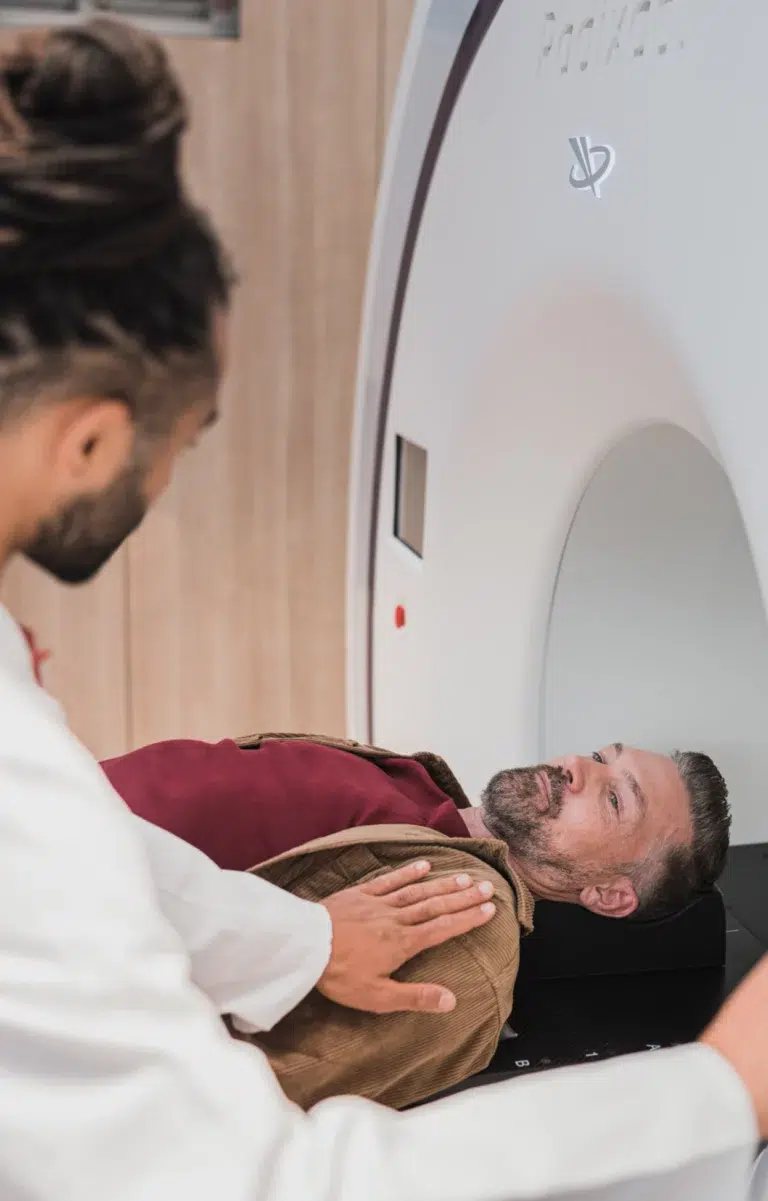
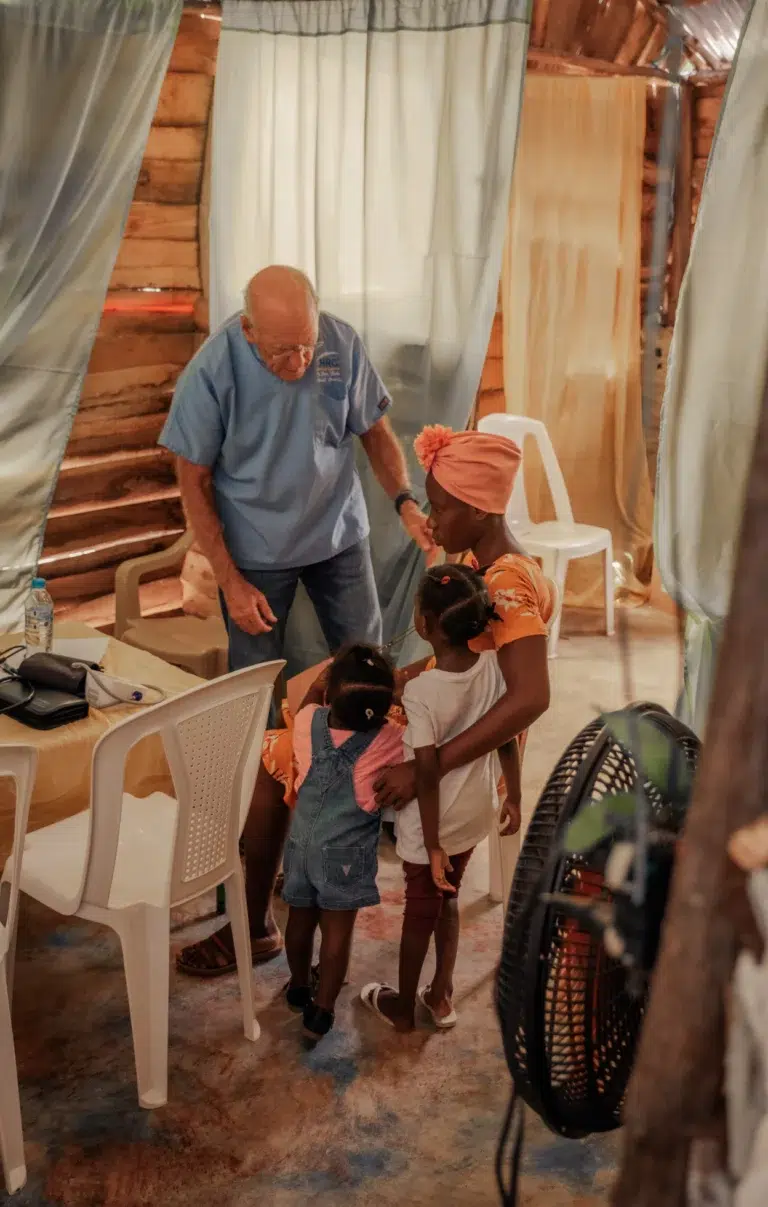
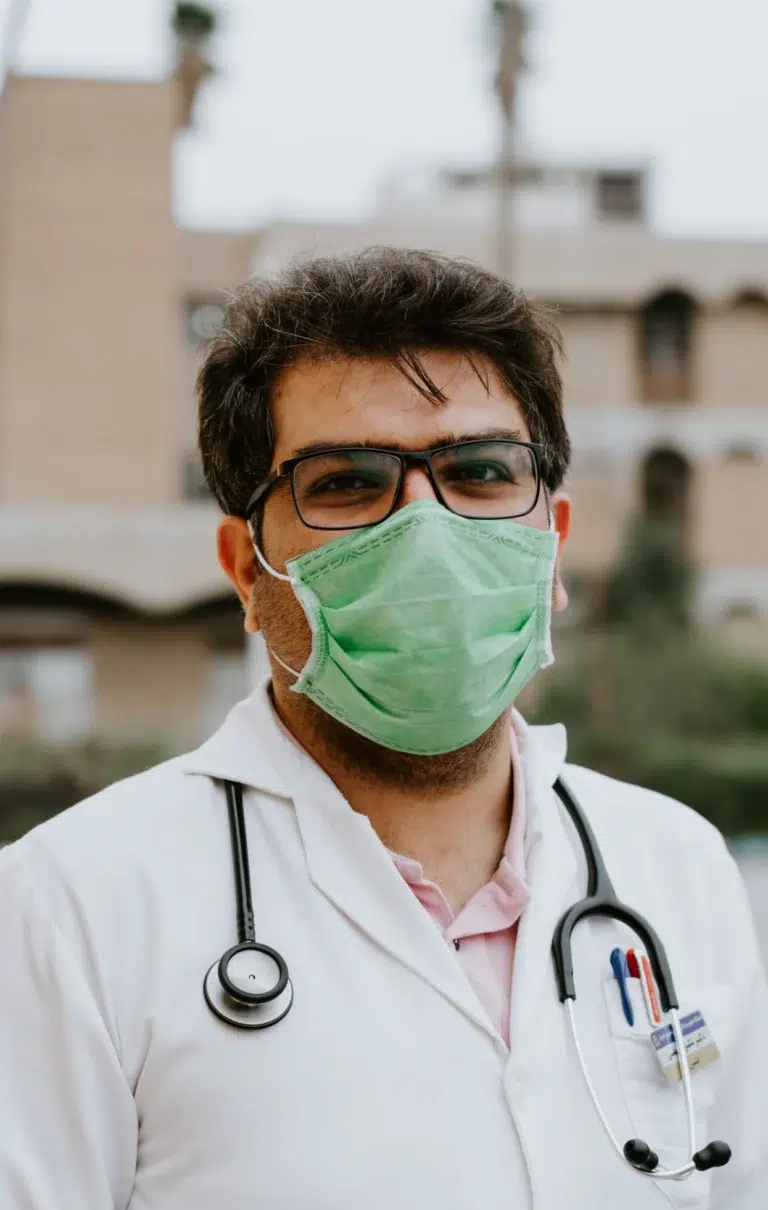
Let’s talk about what life needs next